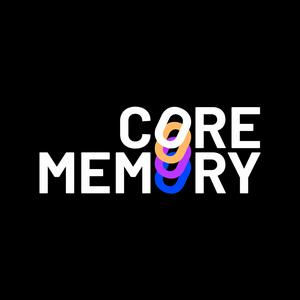We do not usually do venture capitalists on the Core Memory podcast. They can be a lot and like to hear themselves talk a bit too much. (Not you! The other ones – Ed.)
But, for Peter Barrett, we will always make an exception. He’s a general partner at Playground Global and is one of those people who knows an awful lot about an awful lot of things. He is one of my favorite people to listen to and gets my mind racing with tons of new ideas every time we speak.
Self-taught, Peter spent the early part of his career as a force of nature in the software industry. He was visited by the Men In Black as a teenager. He helped start Rocket Science Games, which was the hottest video game maker in town before it wasn’t. While there, Peter happened to employ a young intern named Elon Musk. . .
Later, Peter would be part of the team that created WebTV and a longtime distinguished engineer at Microsoft, working alongside Bill Gates and Steve Ballmer.
These days Peter goes deep on deep tech at Playground. As such, we talk quantum computing, the insane world of AI agents, nuclear power, data centers in space (and why they won’t work) and whether or not humans should be in total panic.
The Core Memory podcast is on all major platforms and on our YouTube channel over here. If you enjoy the show, please leave a review and tell your friends.
This podcast is sponsored by Brex, the intelligent finance platform built to help companies spend smarter and move faster.
We run on Brex and so should you. Learn more about Brex right here.
The podcast is also made possible by E1 Ventures, which backs the most ambitious founders and start-ups.
This is a public episode. If you'd like to discuss this with other subscribers or get access to bonus episodes, visit www.corememory.com/subscribe


